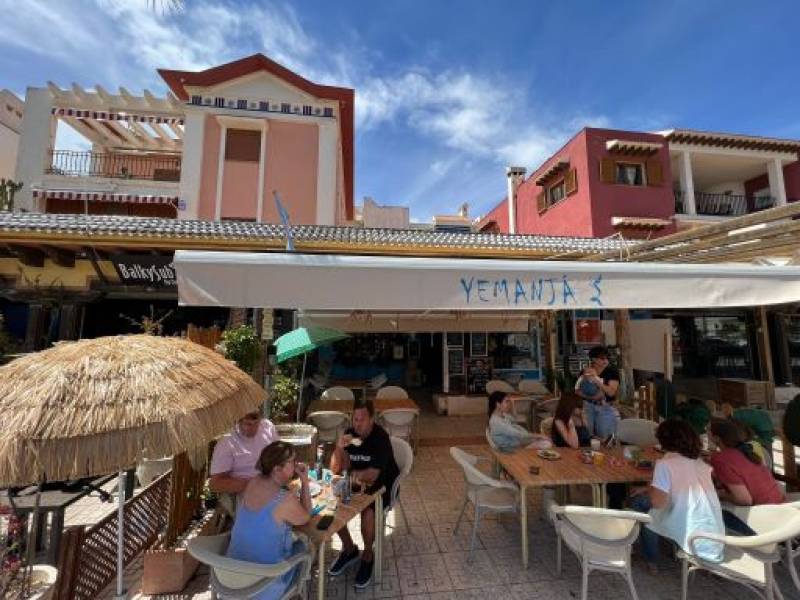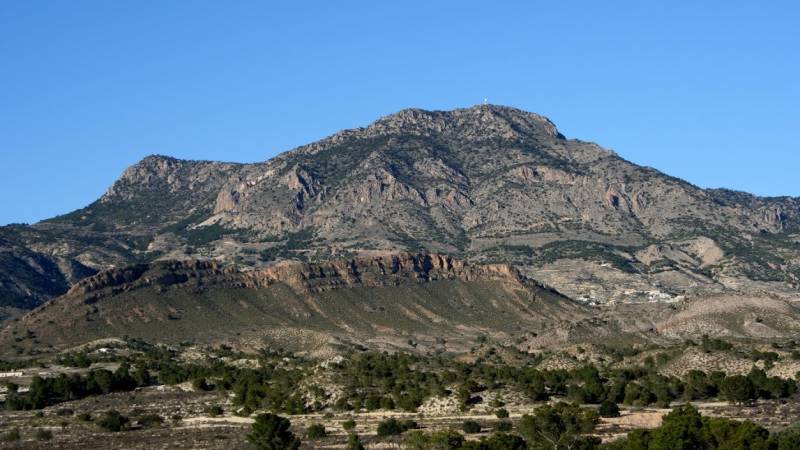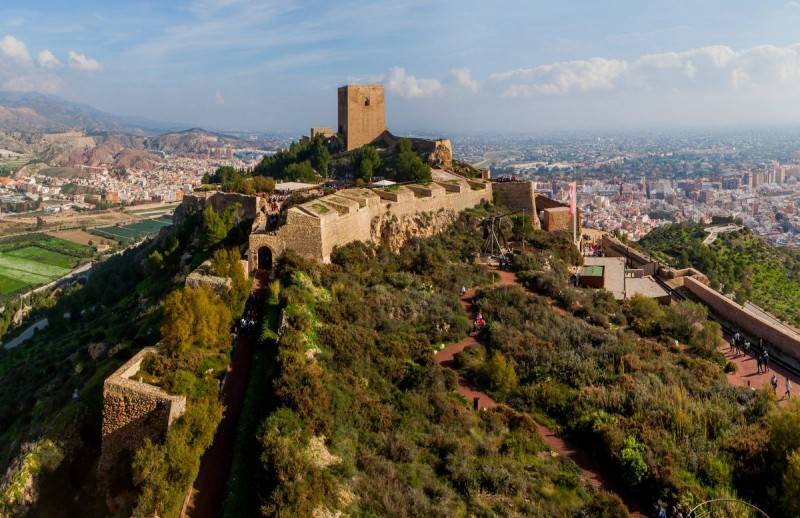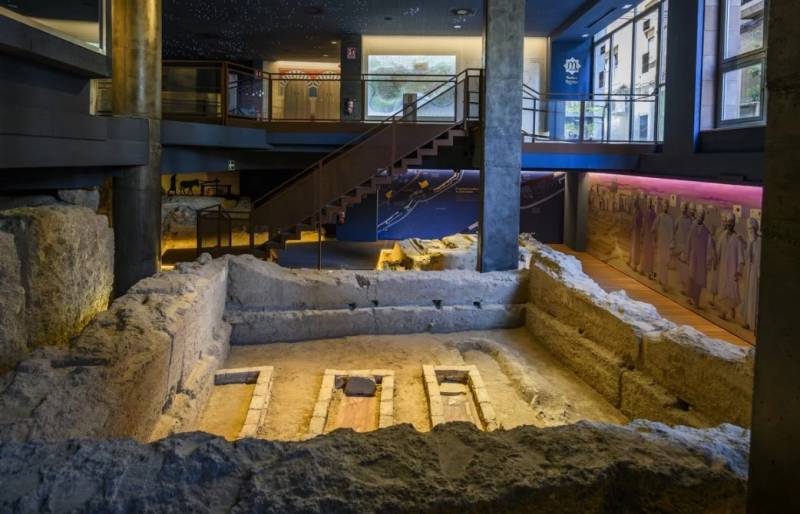

Guidelines for submitting articles to San Pedro del Pinatar Today
Hello, and thank you for choosing San Pedro del Pinatar.Today to publicise your organisation’s info or event.
San Pedro del Pinatar Today is a website set up by Murcia Today specifically for residents of the urbanisation in Southwest Murcia, providing news and information on what’s happening in the local area, which is the largest English-speaking expat area in the Region of Murcia.
When submitting text to be included on San Pedro del Pinatar Today, please abide by the following guidelines so we can upload your article as swiftly as possible:
Send an email to editor@spaintodayonline.com or contact@murciatoday.com
Attach the information in a Word Document or Google Doc
Include all relevant points, including:
Who is the organisation running the event?
Where is it happening?
When?
How much does it cost?
Is it necessary to book beforehand, or can people just show up on the day?
…but try not to exceed 300 words
Also attach a photo to illustrate your article, no more than 100kb

Visitor Centre of San Antonio el Pobre, Murcia
El Centro de Visitantes San Antonio el Pobre
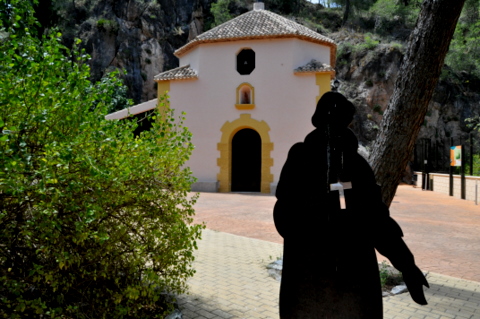
The park area itself is 16,724 hectares, a vast area to which thousands of murcians flock at the weekends, to enjoy its open spaces, beautiful views and interesting walks. Yet it´s little visited by overseas tourists who tend to stay within the capital.
There are several places within the park which make enjoyable days out, so we´ll link them in for you as they´re written up to give you some ideas about how to enjoy and discover the area.
Centro de Visitantes San Antonio El Pobre
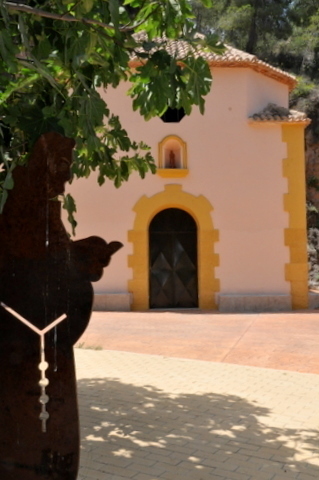
They lived in small caves, or holes cut into the face of the rocks, some natural, others hollowed out to form small shelters in the rock faces, the crudest of shelter, but enough to give them protection from the elements. You can see several of these as you drive through this area.
Living in the most abject poverty, these solitary men spent their lives in silence, praying, fasting and studying the word of the gospel.
As their number s grew, they began to meet each other for prayer and by the early 16th century there were two groups who would meet in two small hermitages. In 1528 a monastery was founded in the Sierra, whilst many of the hermits continued to live in the wild around the monastery, joining the brothers for prayer.
The convent of La Luz gathered all these individuals together between 1685 and 1694, and in 1701 the church of la Luz opened, now known as the Sanctuary of La Luz.
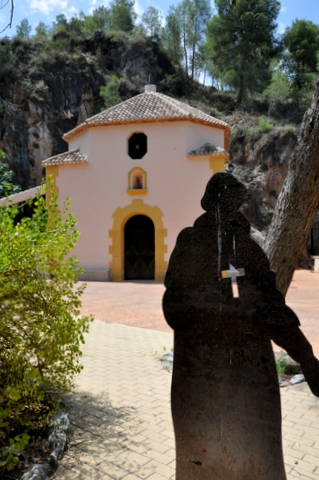
There are various accounts of how the legend began, but the one which gains most credence is that during a great plague which ravaged the city, the brothers went down to heal the sick in the city, and they all died, except one, a man who became known as Juan el pobre, a man who became especially associated with the ability to heal the sick and with the protection of animals.
He paid especial devotion to the cult of San Anton(io) Abad, San Anton(io) being known as the original hermit, who walled himself up for 6 months to pray, sustained only by dried bread. One lovely story says he was sustained by the birds, who brought him dried bread in their beaks, part of the link with his role as a protector of animals.
This is the same San Anton who gives rise to the little rolls of San Anton, blessed on the saints day which is the 17th January, a tradition celebrated across the region.
During the 18th century a baroque hermitage was built over the cave which was said to be the home of Juan el Pobre, linked to the Convento de Santa Catalina del Monte.
As the years passed, it became the centre of an annual tradition in which the silkworms upon which Murcia was so dependent, were brought to the hermitage on the first Friday in March to be blessed, and a Romeria celebrated.
Although the ermita fell into disuse, it is today a small visitor centre in which an audioguide presentation tells the story of the hermitage and the men who lived in this manner.
It´s not a long visit, half an hour or so, but is close enough to the Sanctuary of Fuensanta and the La Luz visitor centre to be combined with a visit there, where they serve an excellent menu del dia, with great views.
We thoroughly enjoyed our visit, and had a lovely amble through the woods afterwards and a slap up del dia once we´d found the La Luz Centre.
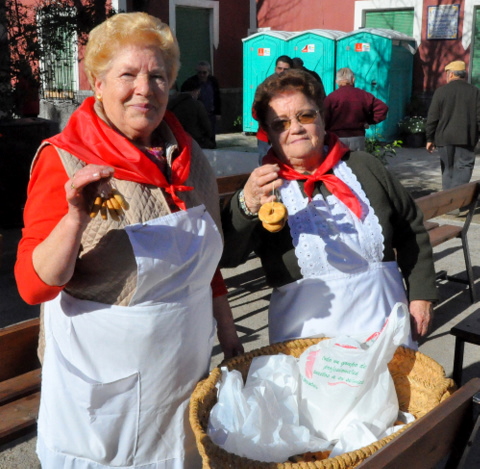
There is very little parking as the centre is at the end of a residential road, so it´s tempting to park inside the centre where there is parking provided.
If you do this, however, bear in mind that when the centre closes the outer gates are locked, so if you go wandering off into the woods, enjoy the walk, but make sure you´re back in time otherwise you could find your car locked inside and no way out until reopening time.
It´s not easy to find, as it´s up a residential road, with signs directing visitors from the main road, the MU302, but hey, write the name down on a piece of paper and if you get lost , pointing usually crosses the language barrier.
The centre is also the start point for lots of walks and childrens activities which run seasonally out of the hotter months. Keep an eye in what´s on for details when they happen.
Disability.
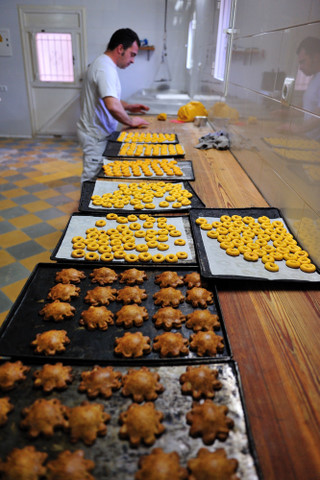 The actual visitor centre presented little problem, but access to the woods is impossible for those with limited mobility. Saying that, from here it´s possible to drive around to La Luz and the Sanctuary of La Luz, where access is no problem. The easiest way is just to drive back down to the MU302, drive around a bit and then back up the hill to the sanctuary, much easier than trying to cut across through the residential area (yes, of course we tried the short cut, but don´t bother!)
The actual visitor centre presented little problem, but access to the woods is impossible for those with limited mobility. Saying that, from here it´s possible to drive around to La Luz and the Sanctuary of La Luz, where access is no problem. The easiest way is just to drive back down to the MU302, drive around a bit and then back up the hill to the sanctuary, much easier than trying to cut across through the residential area (yes, of course we tried the short cut, but don´t bother!)
Click for map, Visitor Centre, San Antonio el pobre, Murcia
Ermita de San Antonio El Pobre
Calle Los Pinos S/N
30151
Santo Angel
Murcia
Telephone 968 37 96 53
Opening Hours, Centro de Visitantes San Antonio el Pobre
From 1st June to 30th September, open from Tuesday to Sunday 8.30am to 3.30pm
From 1st October to 31st May, Open from Tuesday to Sunday, 10am to 5pm
Mondays closed throughout the year.
There is an entry fee for the hermitage.







